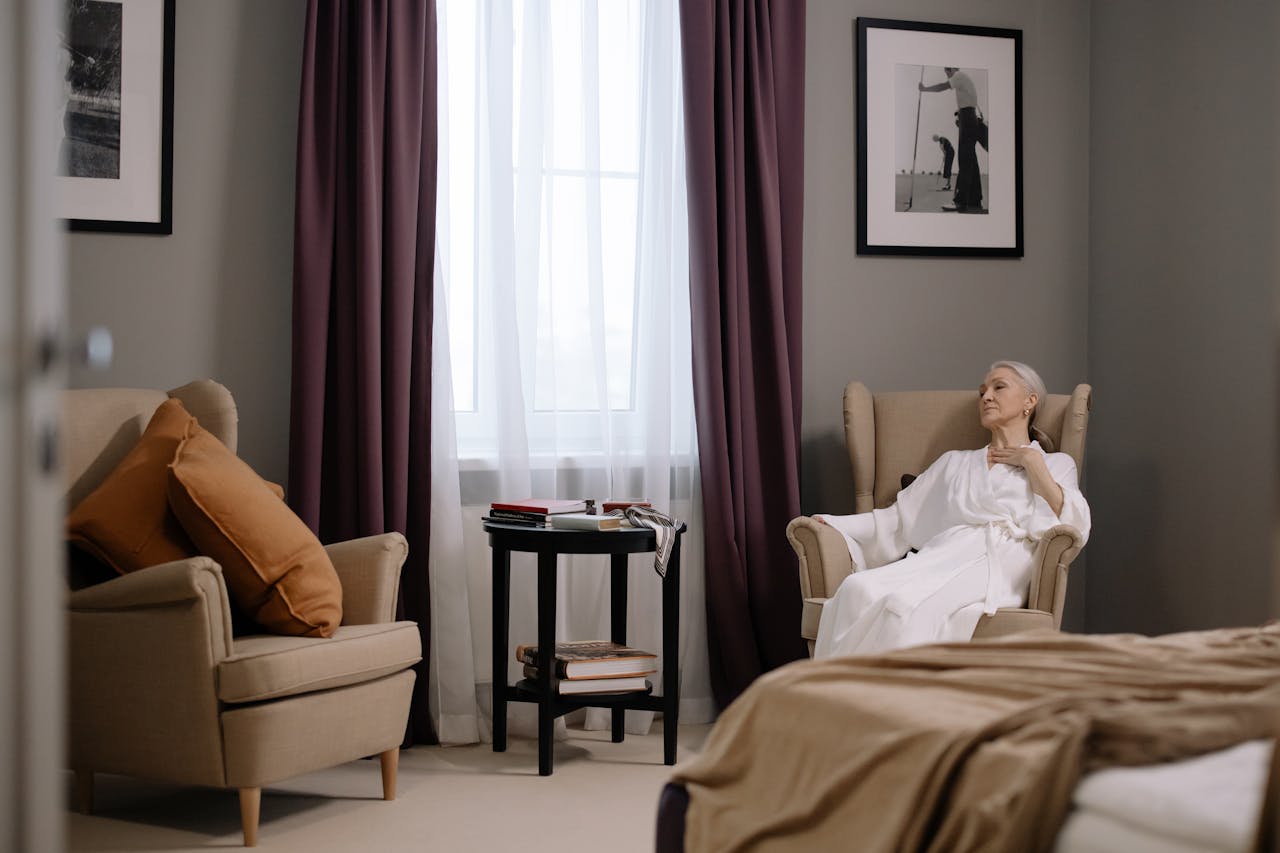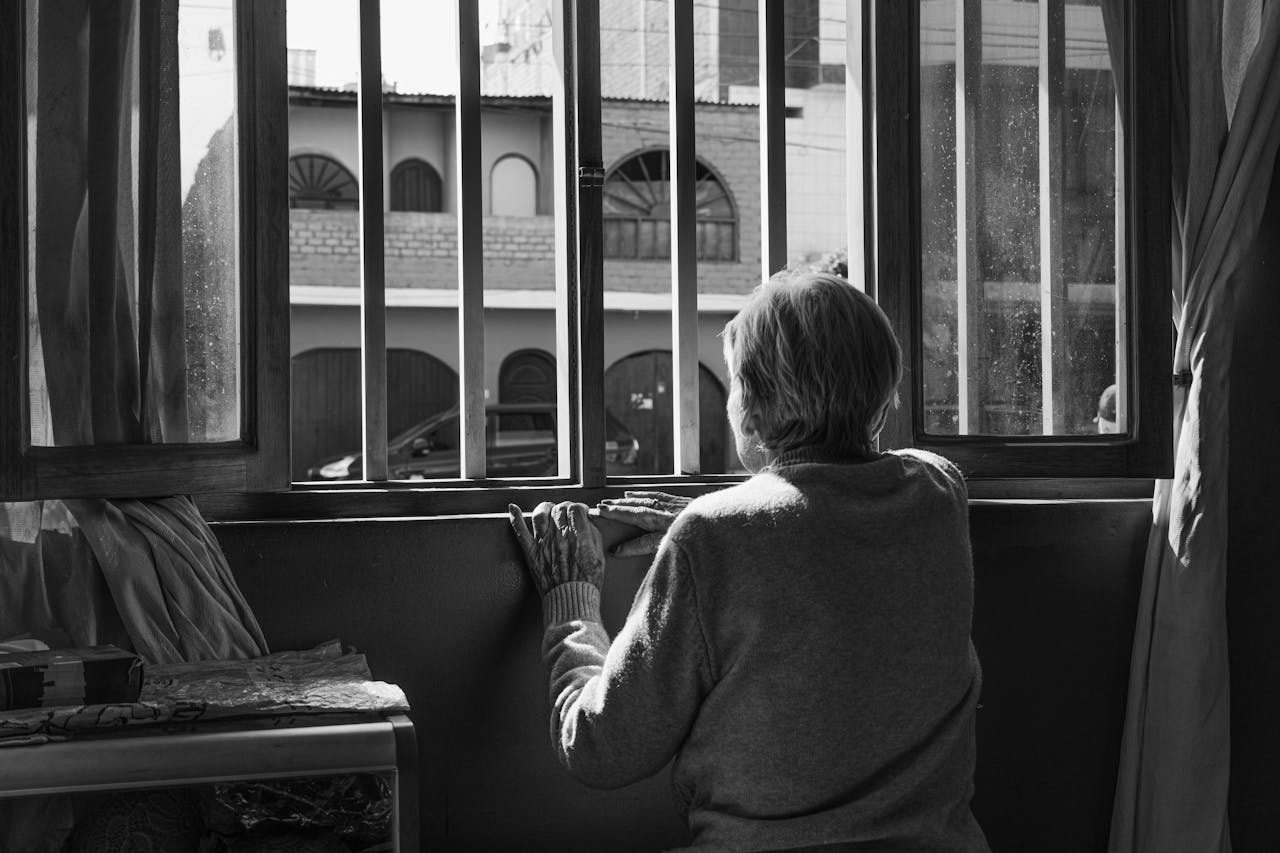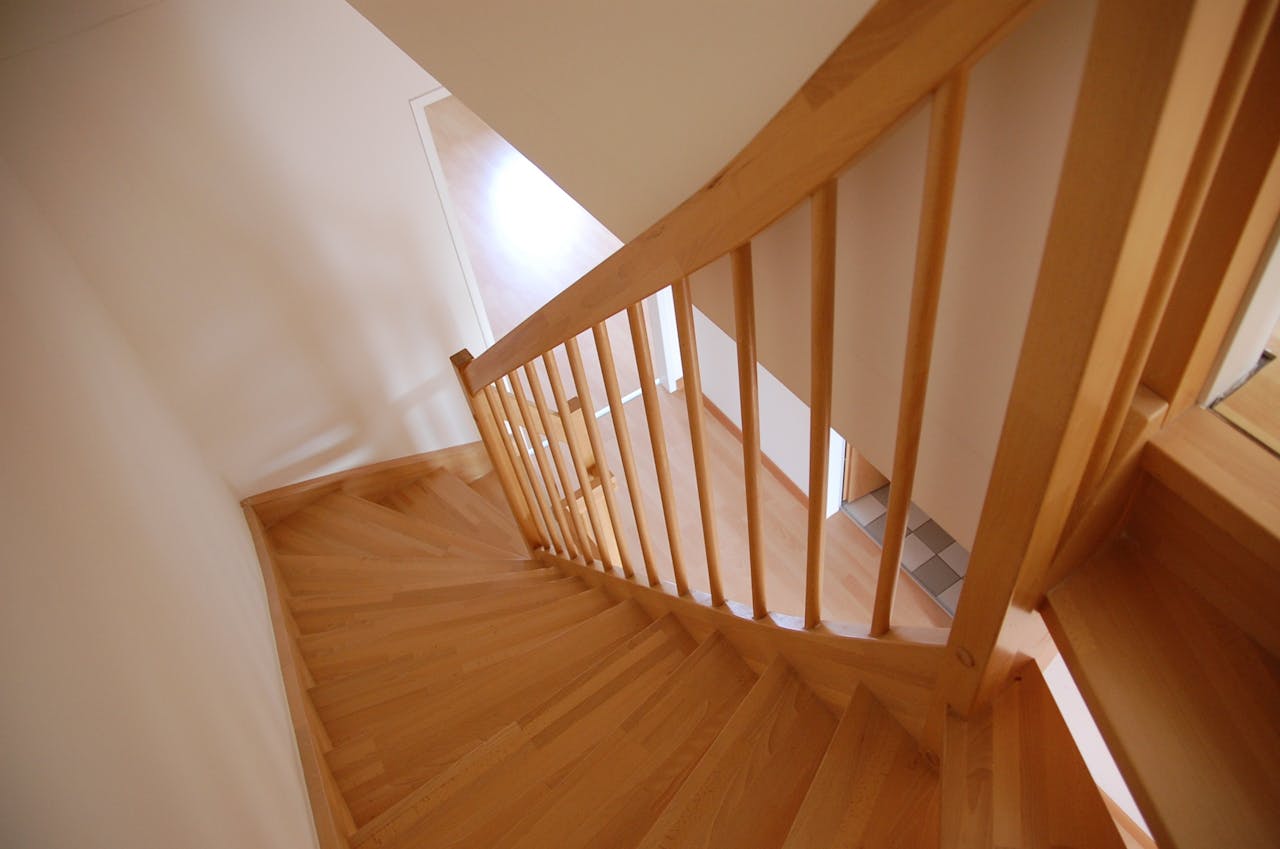8 Biggest Regrets Boomers Have When Downsizing Too Soon

Downsizing seems like the logical next step for many Baby Boomers entering retirement. The appeal is clear: fewer rooms to clean, lower utility bills, and less upkeep overall. But while simplifying life sounds wonderful in theory, many Boomers who downsize too early find that reality doesn’t always live up to expectations. In hindsight, they often wish they’d waited longer or considered the broader implications. Here are the eight biggest regrets Boomers commonly share after downsizing too soon.
1. Letting Go of Space Too Quickly

Many Boomers regret giving up extra bedrooms, a home office, or storage areas they later realize were still essential. Whether it’s accommodating visiting grandkids, hosting holidays, or having a quiet space to pursue hobbies, smaller homes can feel limiting once the initial excitement wears off—and that extra square footage may have supported multigenerational visits, creative projects, or simply provided breathing room they didn’t know they’d miss.
2. Underestimating Emotional Attachment

It’s one thing to imagine leaving a house filled with decades of memories—it’s another thing entirely to actually do it. Boomers often underestimate the emotional toll of saying goodbye to the place where they raised children, celebrated milestones, or bonded with neighbors, and once those doors close for the last time, the sense of loss can be more profound than expected.
3. Choosing the Wrong Location

In the rush to downsize, some Boomers prioritize smaller, more affordable homes but fail to consider the community around them. Regret often sets in when they realize they’re now farther from friends, family, doctors, or even a favorite grocery store, because a new ZIP code can quickly feel isolating if it lacks familiarity, connection, or convenience.
4. Not Thinking Ahead About Accessibility

While the new home may be smaller, it’s not always better suited for aging in place. Boomers who move into two-story townhomes or condos without elevators often regret not choosing a layout that would accommodate mobility needs down the road, since failing to plan for future physical limitations can turn a dream home into a long-term challenge.
5. Assuming Less Space Means Less Stress

Many Boomers envision a simpler life with fewer possessions—but the act of decluttering can be overwhelming. Others discover that downsizing doesn’t necessarily reduce stress—it can increase it when storage becomes an issue, or when they constantly feel like they’re living in tight quarters, because what starts as minimalism can morph into daily frustration if the space doesn’t suit your lifestyle.
6. Selling Too Early in a Hot Market

While a hot housing market may seem like the perfect time to sell, some Boomers regret cashing out too soon. After the sale, they face inflated prices and competition in the downsizing market, and the profit from selling high can quickly evaporate if buying low is no longer an option.
7. Losing a Sense of Community

Downsizing often means leaving behind close-knit neighborhoods, longtime friends, or familiar routines. For Boomers who move into a new area or community that lacks social opportunities or shared interests, loneliness can creep in—a home is more than walls, after all; it’s the people and patterns that give it soul.
8. Overestimating the Financial Benefits

Downsizing doesn’t always result in the financial windfall Boomers expect. Between realtor fees, moving costs, renovations to prepare the old home for sale, and buying or renting in a competitive market, many find that they don’t save as much as anticipated, and in some cases, Boomers find themselves spending more just to adapt their new space to their needs.
Final Thoughts

For many Boomers, downsizing can be the right decision—but only when it’s timed well and thoughtfully planned. Jumping into it too soon often leads to practical challenges and emotional regrets that overshadow the intended simplicity. Before making the leap, it’s wise to ask not just “Can I live with less?”—but also “Will I thrive with less?” because in retirement, comfort isn’t just about cost—it’s about quality of life.
Leave a Reply